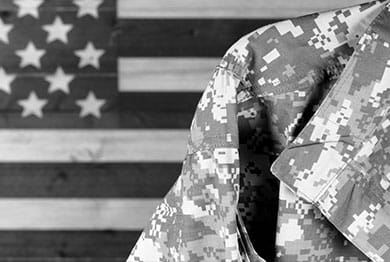Experienced UCMJ Defense Law Firm
For experienced, passionate, and aggressive defense representation in Uniform Code of Military Justice (UCMJ) defense matters at U.S. installations or anywhere in the world, you can trust The Military Justice Center in Fayetteville.
With decades of military law experience, former judge advocates Todd C. Conormon and Andrew G. Dualan, bring a belief in the law, belief in you and your rights to the defense of servicemen and servicewomen charged with military offenses. The lawyers at the Military Justice Center, part of the Conormon Law Office, work hard to preserve your military career and future civilian opportunities. We are fully prepared to bring our leadership to military personnel around the world.
Our military defense practice features creative strategies and attentive personal service for cases that include war crimes, courts-martial, nonjudicial punishment (Article 15) military investigations (CID investigations, commander’s inquires, and 15-6 investigations), boards of inquiry, separation actions, reprimands, security clearance issues and other legal matters.
Proud To Serve The Men And Woman Of The Armed Services For 30 Years
Our mission is justice for you. The positive results that we have achieved for many clients nationally and around the world are proof of that commitment. The Uniform Code of Military Justice (UCMJ) provides the definition for offenses that would not be considered crimes in the civilian world, including:
- War crimes cases
- Failure to report for duty, unauthorized absence (UA), absence without leave (AWOL) and desertion
- Conduct unbecoming an officer
- Insubordination, disobeying orders and disrespect
- Fraternization
- Adultery
- Dereliction of duty
Regarding AWOL offenses, a military member can be charged with desertion, a federal crime, after 30 days of absence without leave. If you, a friend, family member or loved one is an AWOL member of the military, you should contact our firm immediately. We provide experienced, dedicated defense representation to sailors, soldiers, marines and airmen around the world who are accused of committing military offenses.
Discuss the details of your case in a confidential initial consultation with one of our lawyers. From our Fayetteville office, we serve clients stationed throughout the world. Call us today toll free at 866-588-1217 or locally near Fort Bragg at 910-826-8855.

